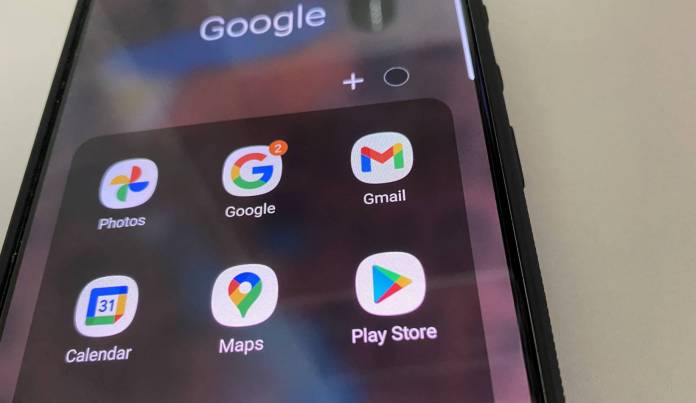
Have you ever wondered why some apps ask for permission to view other apps on your smartphone when you’re installing it? Sure it’s normal when it’s an app that has a functionality that would need that information. But some may be just using it for advertising or data selling purposes. And so Google is now finally taking steps to restrict which Android apps will be allowed to access the list of apps installed in your phone. The changes to Google’s Developer Program Policy will make it harder for apps to see that list and not require users to give permissions just to be able to use the app.
According to XDA Developers, the changes have already been made to Google’s policy for developers to have a hard time trying to get access to users’ installed apps. Specifically, the Query_All_Packages permission will only be allowed if that is part of the app’s core functionality. Developers will also have to justify why “a less intrusive method of app visibility will not sufficiently enable your app’s policy-compliant user-facing core functionality.”
Some of the permitted use where it will be allowed includes device search, antivirus apps, file managers, and browsers. If they don’t meet any of the requirements, the app will have to remove the permission to be able to comply with the new Play Policy. And even if they meet the requirements, the developer will have to sign a declaration form and if they fail to do so, the app may be removed from the Google Play Store.
Obviously, a person’s list of installed apps should be “personal and sensitive information” and yet there are a lot of apps that are still asking for it. The permission will come into effect when a developer is targeting API Level 30 (Android 11). The new policy will take effect starting May 2021 but all new apps and app updates will be required to target Android 11 and above by November 2021 so hopefully, this will force many developers to do so and will strengthen the new policy.
This is just the latest in Google’s efforts to restrict permissions on Android devices for legitimate security and privacy reasons. Previously, they actually restricted calling and texting permissions but it also affected legitimate apps as well. Hopefully this will be better and can be implemented better as well.









